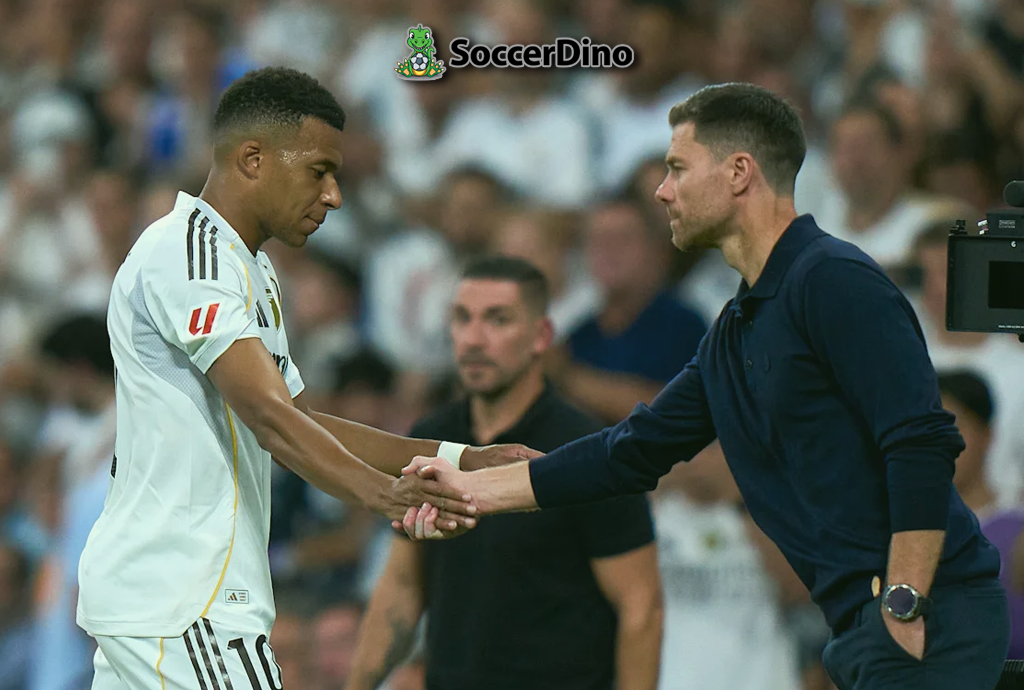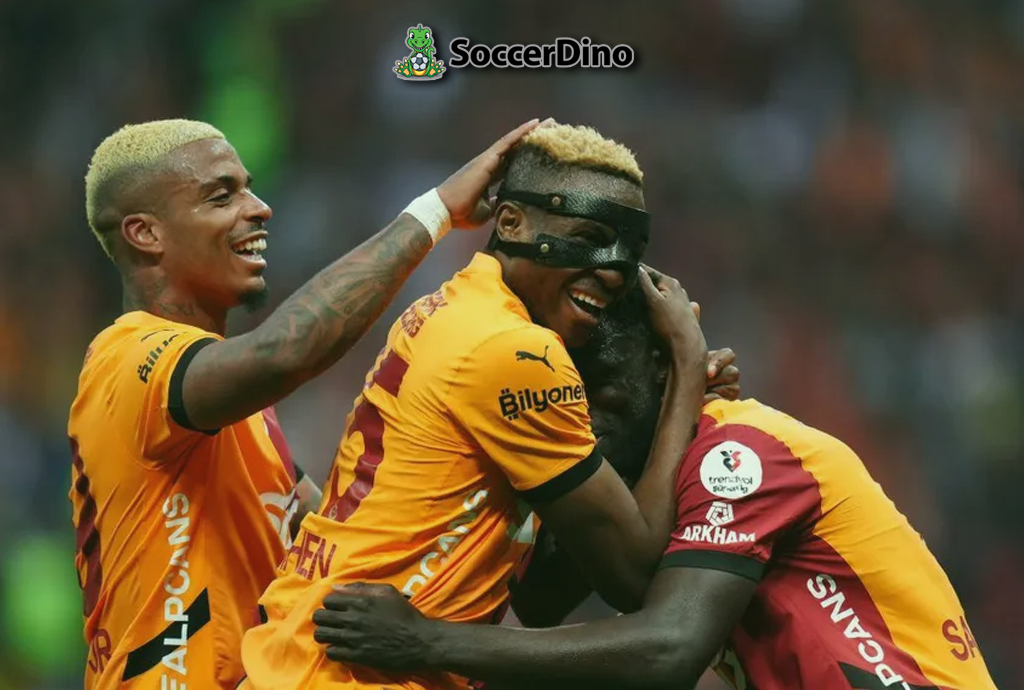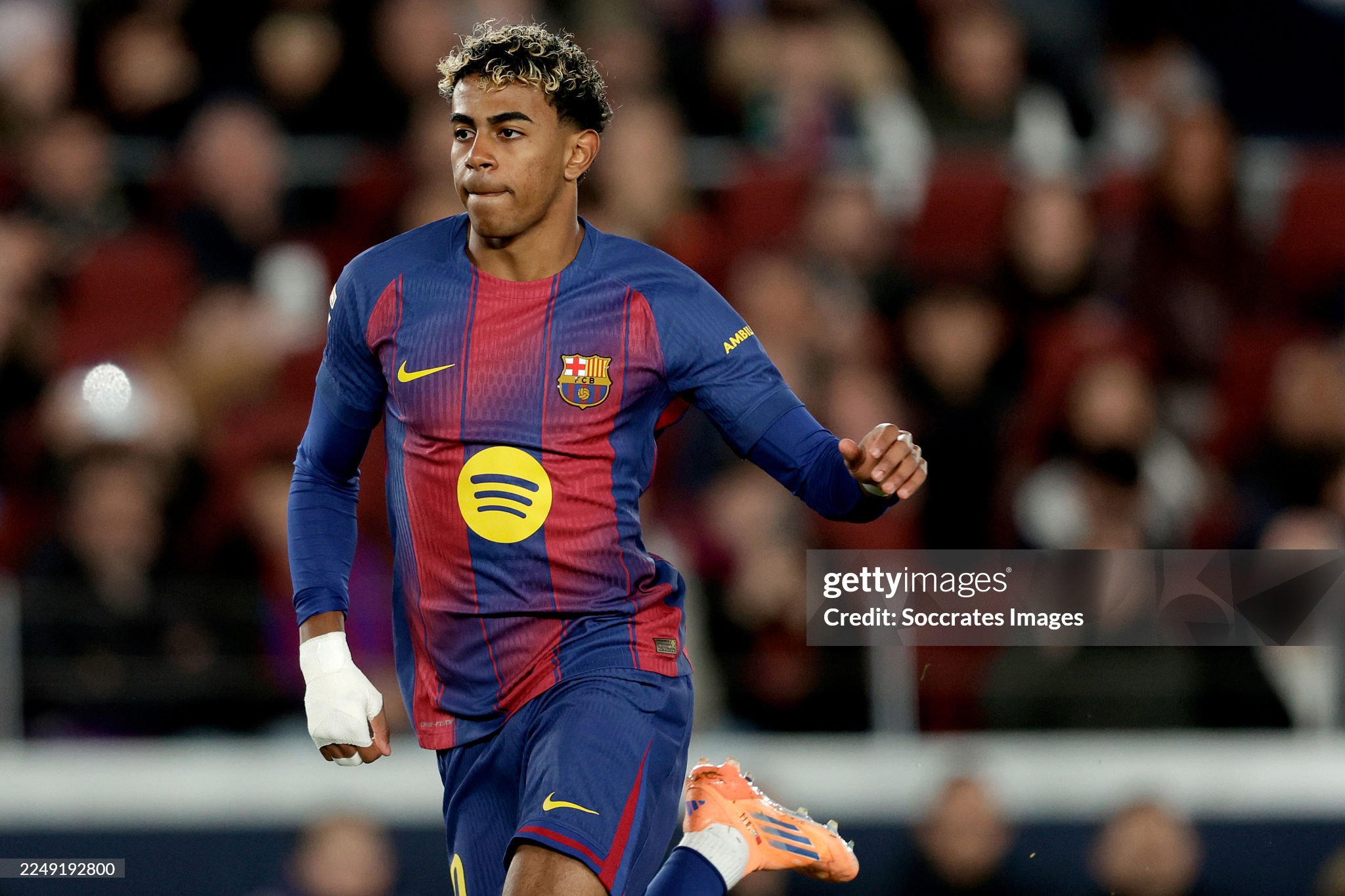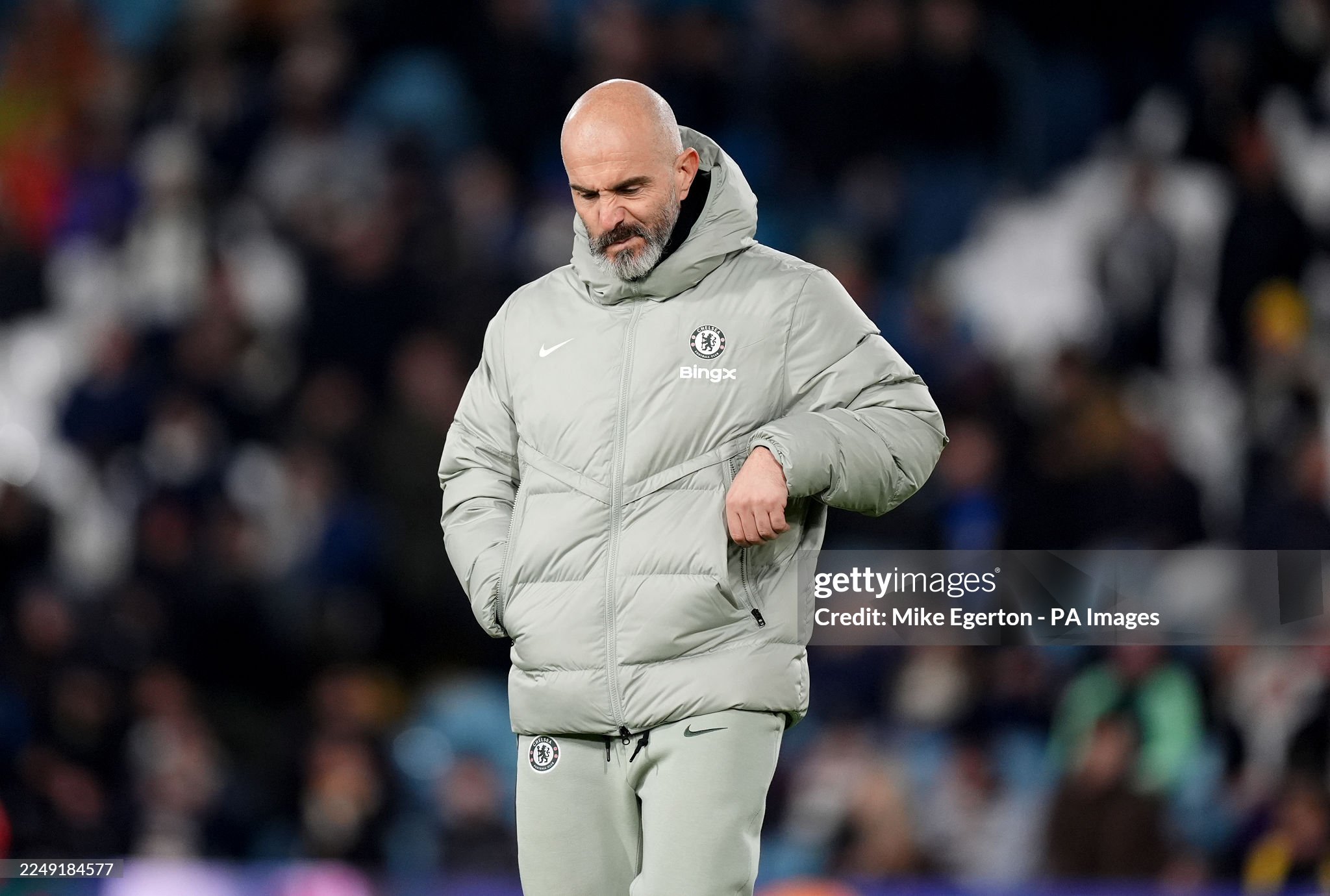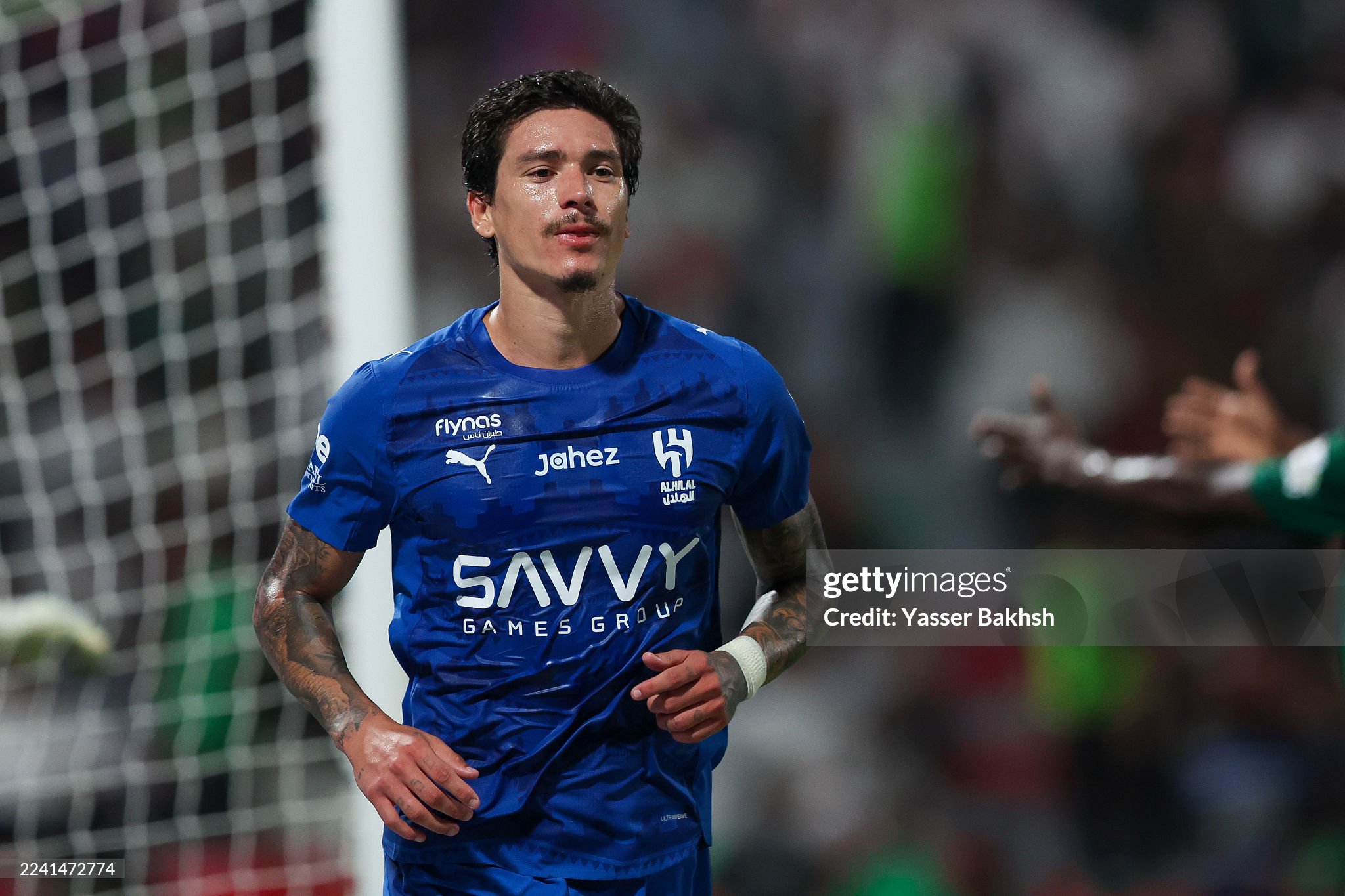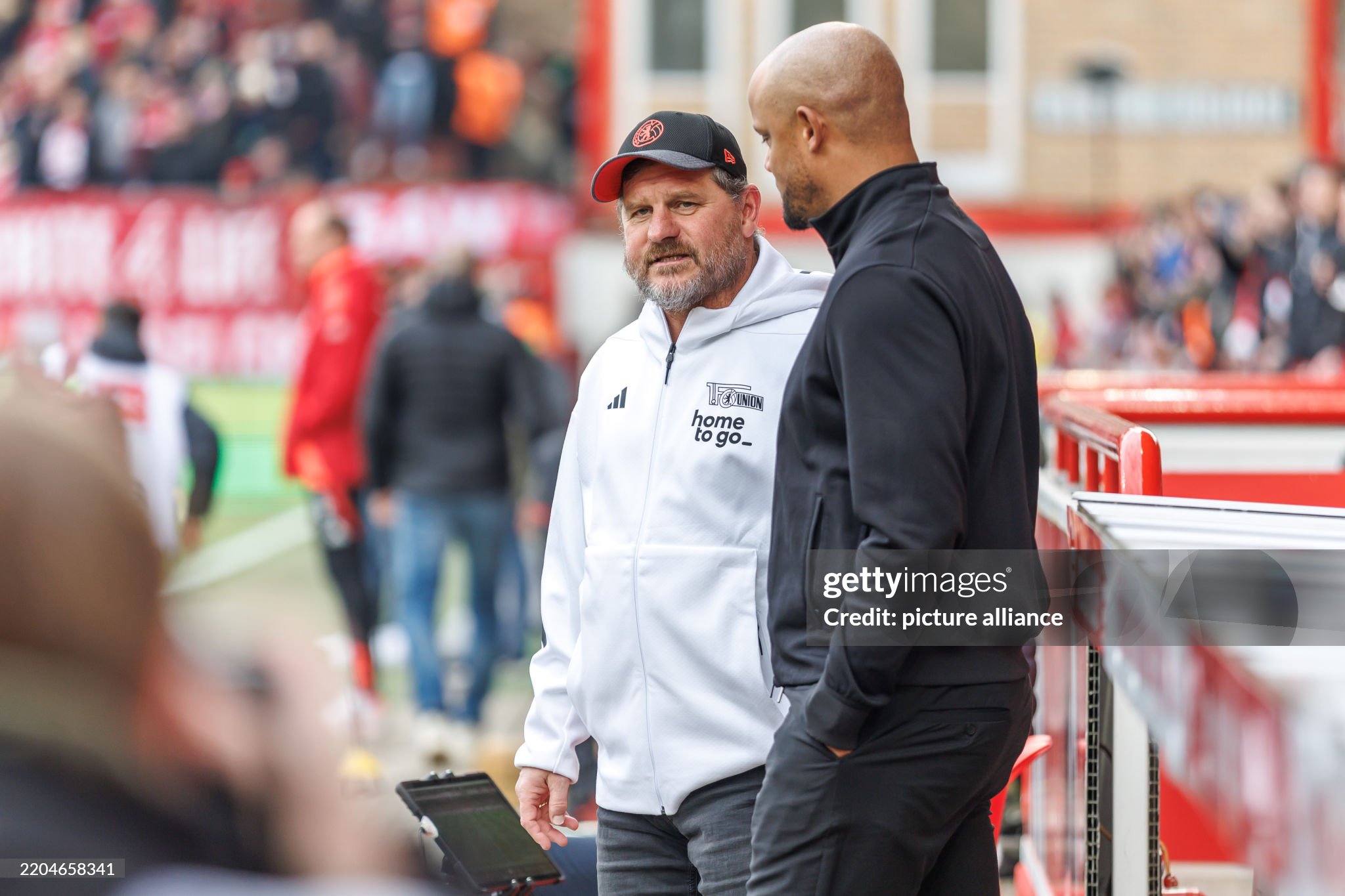Strasbourg made a huge impression on Friday night. The French club put in a brilliant performance away at Paris Saint-Germain and even made the Champions League winners wobble. And they did it with an extremely young team.

Luis Enrique did not hide his admiration afterward, calling this Strasbourg side the best Ligue 1 team he has seen at the Parc des Princes.
He acknowledged that Paris Saint-Germain escaped with a draw and stressed that Strasbourg belong among the strongest teams in the division this season. He added that he anticipated a difficult night, and that from the touchline it felt like a test of survival more than control.
The 3-3 draw reflected a game of extremes. Strasbourg’s bravery in and out of possession set the tone. They pressed high with cohesion, funneled PSG into uncomfortable zones, and broke forward with speed and clarity. The visitors’ average age was remarkably low, and the collective energy that comes with youth was obvious in every duel, recovery run, and off-ball sprint. Even so, this was not just a display of enthusiasm. It was well structured, with a compact mid-block that snapped quickly into a higher press on triggers such as a backward pass to a center back or a loose first touch from PSG’s pivot.
The match swung decisively when Strasbourg found repeated joy attacking the space behind PSG’s full backs. Their wide players received early, direct passes, and the support runs from midfield consistently created overloads on the flanks. That pattern brought tangible reward. By the 50-minute mark the visitors led 3-1, a scoreline that stunned the home crowd and forced PSG to chase. Strasbourg’s finishing was clinical, their set pieces were purposeful, and their transitions were clean, with the first pass after the regain almost always vertical.
PSG’s response relied on star quality and weight of pressure rather than sustained control. Once behind, they committed numbers into the final third, rotated the front line to drag Strasbourg’s center backs out of shape, and attacked the box with earlier deliveries. The equaliser owed something to relentlessness as much as design. Over the final quarter hour Paris won second balls higher up the pitch and finally converted territory into goals. Even so, the home technical area never looked entirely comfortable. Strasbourg repeatedly threatened to restore the lead on the break, reminding everyone inside the stadium that this was a contest played on the visitors’ terms for long stretches.
Joaquin Panichelli embodied Strasbourg’s approach. Leading the line in the absence of the injured Emanuel Emegha, he played like a seasoned focal point. At 23 he is one of the elder statesmen in this youthful group, yet his movement, first touch, and composure carried the authority of a veteran. He dropped off the front to connect play when needed, ran channels to stretch PSG’s back line, and occupied both center backs intelligently. His recent run of seven goals in eight matches is not a streak built on chaos. It reflects repeatable habits: arriving between defenders at the right time, opening his body to finish first time, and making near-post runs that force difficult decisions. Head coach Liam Rosenior was effusive in his assessment, describing the display as one of the finest he has seen from a striker under his watch and insisting it did not surprise him given the player’s daily standards.
Emegha’s absence could have been a destabilising factor, but Strasbourg have reallocated responsibility rather than waiting for a single solution. The wingers track back aggressively, the eights sprint beyond the ball to threaten the box, and full backs time their overlaps to keep the ball carrier from becoming isolated. The net effect is that defenders cannot key solely on Panichelli. When opponents collapse on him, the cutback lanes open and Strasbourg find free runners at the edge of the area. That balance also explains their resilience when momentum shifts. Even when PSG’s pressure peaked, Strasbourg continued to create clear chances, which is the hallmark of a side that trusts its structure.
From PSG’s vantage point, the game offered both warning signs and reasons for optimism. The attacking depth and capacity to generate late goals remain intact, but the defensive distances between midfield and back line were too big for long phases. When Paris lost the ball, the counter-press often arrived a beat late, exposing central corridors. Opponents of Strasbourg’s profile, with pace and confidence, punish those gaps. Luis Enrique’s post-match message about survival reflected that reality. There is an acceptance that the league landscape looks tighter and that sustained dominance cannot be taken for granted.
The table implications are significant. Strasbourg’s point at the Parc cements their status as genuine contenders near the top and validates their youthful core as more than a feel-good story. PSG, meanwhile, maintain a one-point cushion over their closest challenger, but the direct threat has sharpened. Head-to-head meetings are likely to matter in this title race, and goal difference could become a deciding margin if the pace remains this relentless.
Beyond the numbers, there is a cultural note worth highlighting. Strasbourg’s reliance on academy graduates and early-career signings has accelerated development across the squad. Players are learning under real pressure and delivering. The dressing room hierarchy is flatter by necessity, which places a premium on clarity from the staff and accountability among the group. Performances like this one at the Parc des Princes forge belief that travels. When a young team takes a two-goal lead away to PSG and comes away with a draw that feels almost disappointing, it changes what the players think is possible on the next difficult away day.
For the neutral, the 3-3 served as a reminder that Ligue 1 is deeper and more dynamic than simple narratives allow. For PSG, it is a prompt to tighten the defensive structure and adjust rest-defense positions when both full backs attack simultaneously. For Strasbourg, it is confirmation that their model can stand up to the fiercest examinations. With Panichelli in form, a collective work rate that never dips, and a game model that travels, they will fancy their chances against anyone.

